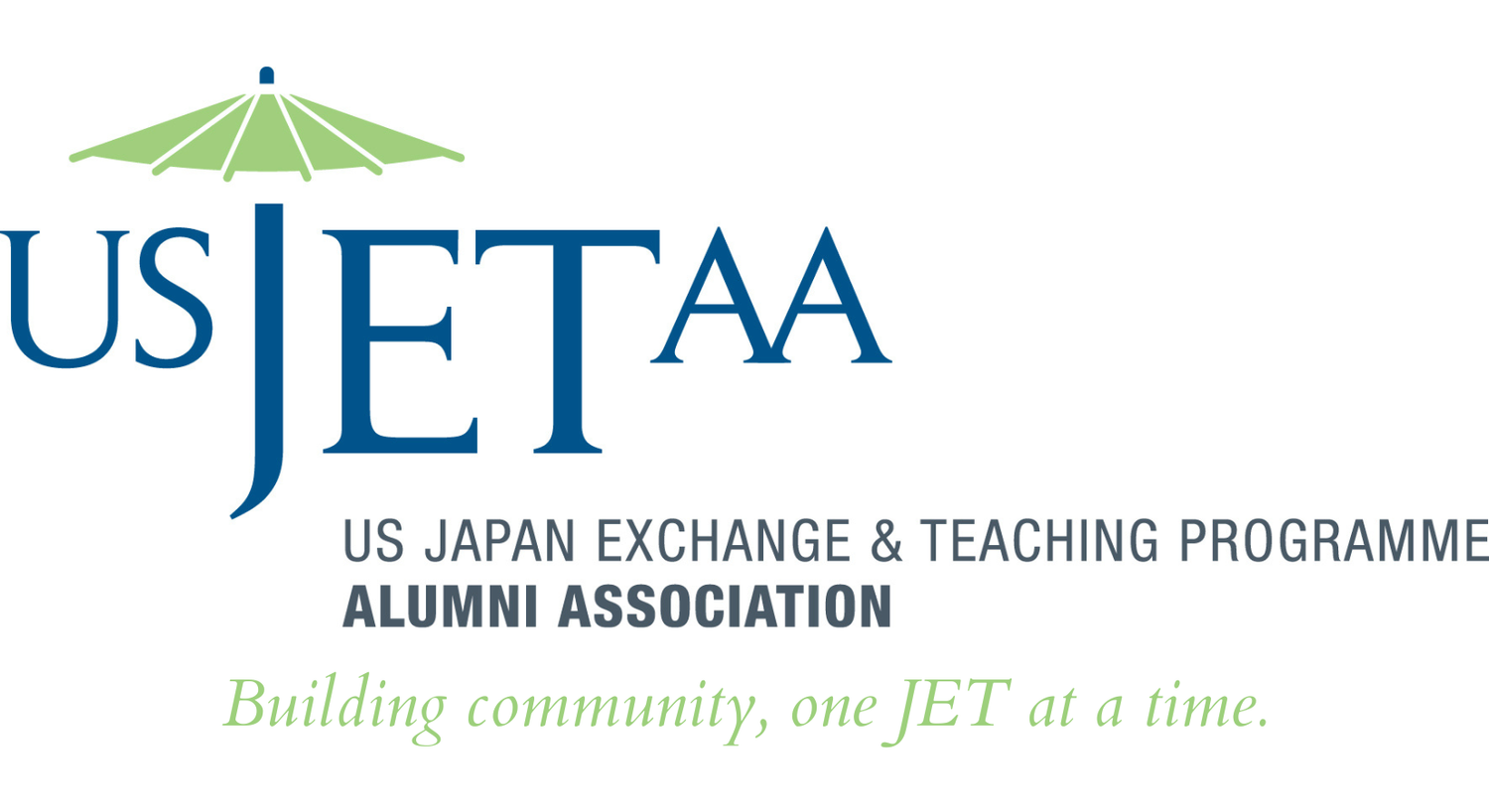Inspired by Japan: Entrepreneurship in America










On February 13, 2019, the U.S. Japan Exchange and Teaching Programme Alumni Association (USJETAA) and the Embassy of Japan in Washington, DC, hosted the event, "Inspired by Japan: Entrepreneurship in America" in Washington D.C. This event connected undergraduate students with JET alumni for a discussion on how Japan has inspired entrepreneurs in the U.S. The event was attended by close to 50 participants, including JET program alumni, members of the Japan-America community, and students in the Washington, D.C area. The full video of the event is available here.
There were attendees from the Sasakawa Peace Foundation, Japan-U.S. Friendship Commission, Cultural Vistas, the Embassy of Japan, and Washington Innovation Network among others. Students at American University, Florida International University, George Washington University, Georgetown University, and the University of California also attended the events.
The evening started with a networking reception and dinner. Bahia Simons-Lane (Gunma, 2005-2007), Executive Director of USJETAA, and Ambassador Kazutoshi Aikawa, Deputy Chief of Mission of the Embassy of Japan, gave welcoming remarks. Ms. Simons-Lane shared the purpose of the event to create greater understanding of U.S.-Japan relations and promote the JET Program to a new generation of students. Ambassador Aikawa spoke about the U.S. -Japan bilateral relationship and how Japan has sparked many entrepreneurial journeys including that of Marie Kondo and Steve Jobs.Following opening remarks, there were speeches by four entrepreneurs:
Aiyana Mathews (Miyagi 2007-10), Founder, Gardner-Mathews Global Management
Jennifer Jakubowski (Hokkaido 1995-97), Founder and Managing Director, Bridges to Japan
Shanti Shoji (Kagawa 2002-04), Co-Founder and Vice President, Kizuna Across Cultures
Sally Schwartz, Founder, GlobalizeDC
In her presentation, Ms. Mathews shared how hosting monthly events in Miyagi, Japan led her to establishing her business, Gardner-Mathews Global Management, a travel concierge turned global management company. Now, her business strives to helps U.S. corporations transition into a Japanese marketplace. Conversely, Ms. Jakubowski shared how her consulting company, Bridges to Japan, helps Japanese businesses navigate cultural differences in America. She talked about how a host of different jobs she had while living in Japan, including work as cultural liaison, radio broadcaster, and a chauffeur driver, led her to form her company.Ms. Shoji shared how the 2011 Tohoku earthquake and tsunami inspired her to take action. Her non-profit, Kizuna Across Cultures, has pioneered virtual exchanges and creates pipelines to get students interested in Japan. Also education focused, Ms. Schwartz's non-profit, GlobalizeDC, strives to connect the global parts of DC with the actual students growing up there. Through after school programs and exchanges to Japan for DC high school students, she hopes to build pathways for young students to have international careers.After the keynote speeches, Elizabeth Brailsford, COO of World Affairs Council (Niigata 2004-2007), moderated a panel discussion featuring our keynote speakers. Ms. Brailsford started by asking the panel, “What does an entrepreneurial mindset mean to you?” The panelists listed off a couple of ideas that have held true for them including being comfortable taking risk, leveraging contacts and resources, and always finding a way to make everything work.Ms. Brailsford also asked the panelists how their organization contributed to the U.S.-Japan Alliance, any roadblocks they faced in establishing their company, any tools or resources they used along the way, and how they knew there was need for their organization. Finances was both a roadblock and a resource for the panelists. Other roadblocks were a lack of confidence and Japanese clients wanting only to work with bigger companies. The panelists also discussed the importance of giving your organization time to get off the ground.After the moderated discussion, the audience had the opportunity to ask the panelists questions. Rachel Reed, Cultural Vistas, asked, “What is your dream initiative?” Ms. Shoji answered that she would love to bring foreigners to rural areas of Japan and utilize current JETs to do so. She believes this would also help to revitalize the rural areas of Japan.Katsuyuki Imamura, Washington Innovation Network, asked if there were any Japanese people that had inspired the panelists to start their organization. “Everybody is a teacher,” answered Ms. Mathews. “Those people that I met throughout my time in Japan have been true cheerleaders and have encouraged me.”Eric Feldman, Florida International University, asked about the differences between non-profits and companies. Ms. Jakubowski explained that asking for money, as a non-profit, is hard and one should evaluate their strengths and weaknesses when trying to make that decision for themselves.Mine Sasaguri, Study Japanese in Arlington, asked the last question of the night, “What is your dream for the future?” The dreams of our panelists ranged from expanding the scope of their organization to having overseas offices to getting tickets to the 2020 Olympics. Ms. Jakubowski ended by saying she wished everyone knew they needed cross cultural consulting.The event was a success, and many were able to come away with new connections and information about entrepreneurship. USJETAA is proud to have worked with the Embassy of Japan on this event and would like to thank all of our featured speakers, and everyone who attended the event.This event was generously funded by the Japanese Embassy in Washington, DC.

